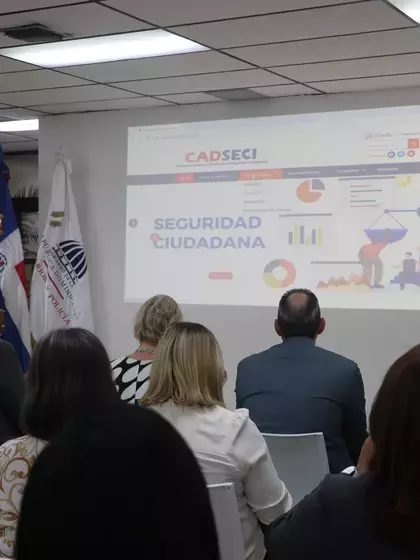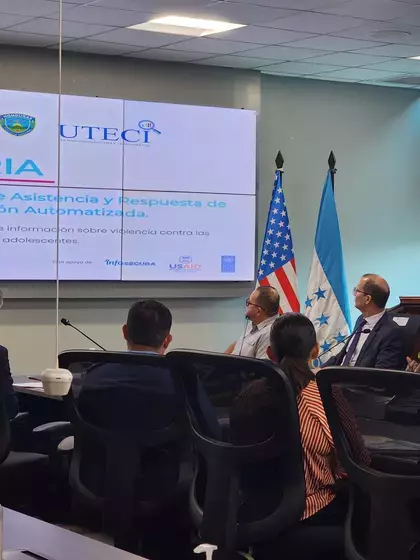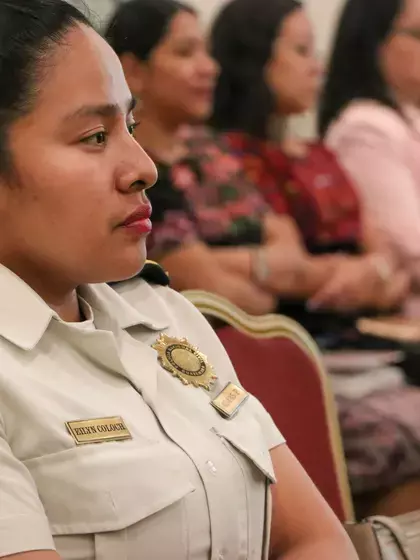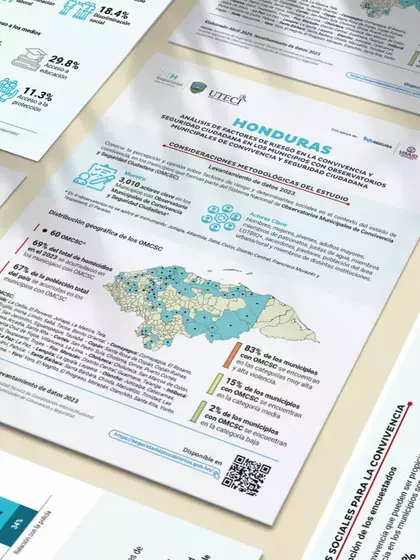InfoSegura participates in Fourth Forensic Science Symposium in Belize
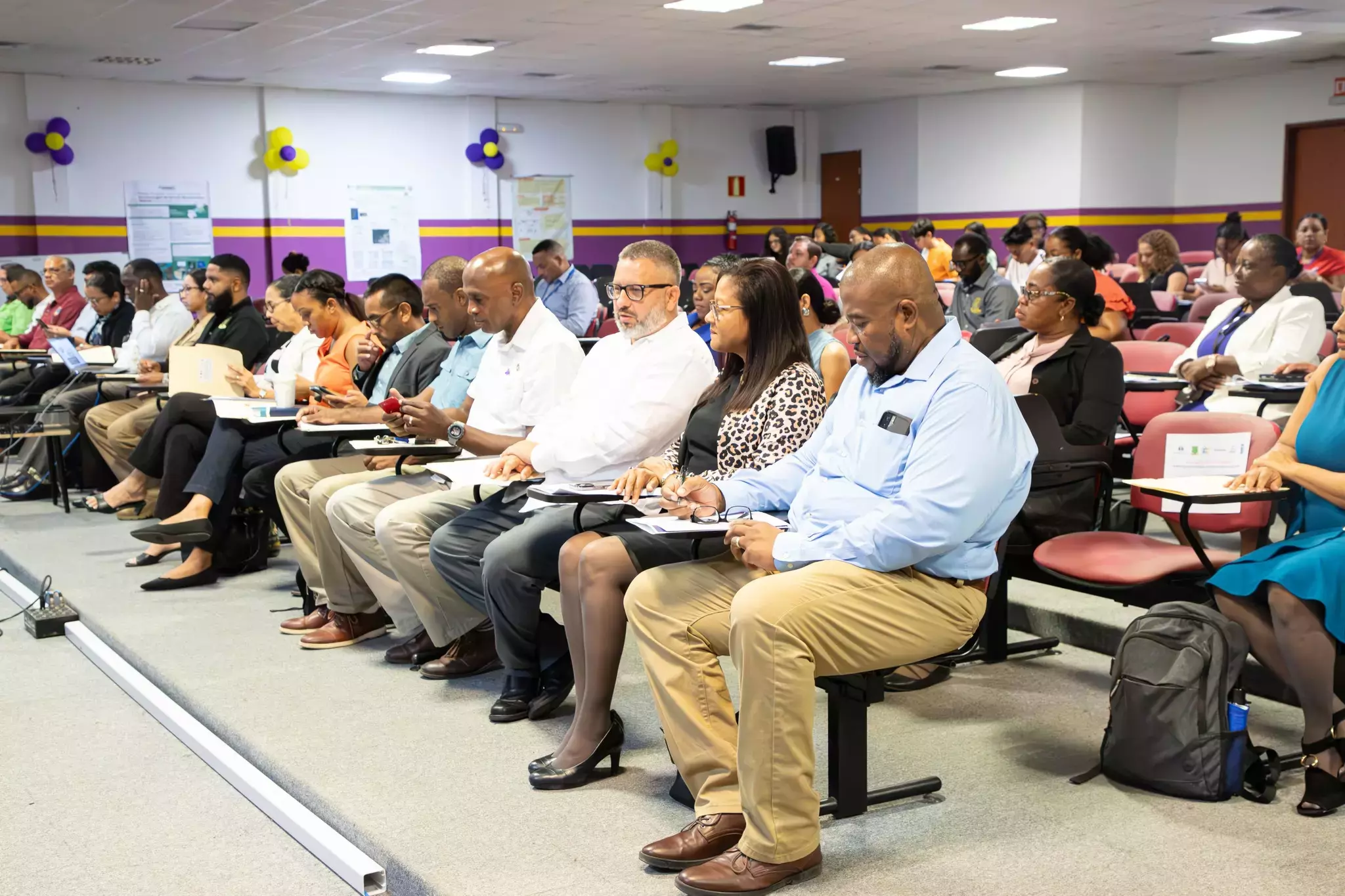
The National Forensic Service under the Ministry of Home Affairs and New Growth Industries, the Belize Crime Observatory and the University of Belize held the Fourth Forensic Science Symposium. This initiative is part of the InfoSegura Project, a strategic partnership between the United Nations Development Programme (UNDP) and the United States Agency for International Development (USAID).
Participants included laboratory directors, forensic medicine experts, professors, data managers and analysts from the National Forensic Science Service, the technical staff from the Belize Crime Observatory and the Belize Police Department, the Ministry of Health and Wellness and the Ministry of Youth, Sports and Transport, as well as the UNDP country team and InfoSegura regional team and consultants. The focus was on promoting the use of data generated by information management systems for use in decision-making and to inform the design and implementation of evidence-based citizen security policies.
Other objectives included increasing stakeholder awareness of the roles of forensic-, law enforcement- and health data in the justice system; sharing experiences and procedural successes that aim to strengthen local forensic, law enforcement and health systems; and expanding local and international scientific and public health partnerships for targeted impact, increased public confidence and sustainability.
“At the Ministry, we constantly enrich our policy-making and decision-making processes by sharpening our focus through an evidence-based lens. Data-informed discussions like the ones had today will continue to reverberate within the halls of Government and certainly have a positive impact on the services we provide to the public.”
Hon. Kareem Musa, Minister of Home Affairs and New Growth Industries of Belize.
“I am thrilled to see the Fourth Forensic Symposium bringing together policymakers, data users and academia to discuss crucial issues like gender-based violence, road traffic accidents, gun violence and the necessity for DNA legislation. We believe that these data-driven discussions will serve as catalysts for transformative shifts in Belize's safety measures, ultimately contributing to a safer and more secure future for all.”
Ian King, UNDP Deputy Resident Representative in Belize.
In her own intervention, Ana Marcela López, Citizen Security Information Analyst, noted that what does not get counted, does not exist. Efforts need to be made to collect information for greater intersectional and multicultural analysis, taking vulnerable populations into account. If we fail to collect data on these populations, we will not be able to include them in designing public policies or development solutions.
The InfoSegura Project supports Belize on an ongoing basis by way of the Belize Crime Observatory promoting knowledge and capacity exchange and discussion of lessons learned among institutions that specialize in citizen security and justice.

